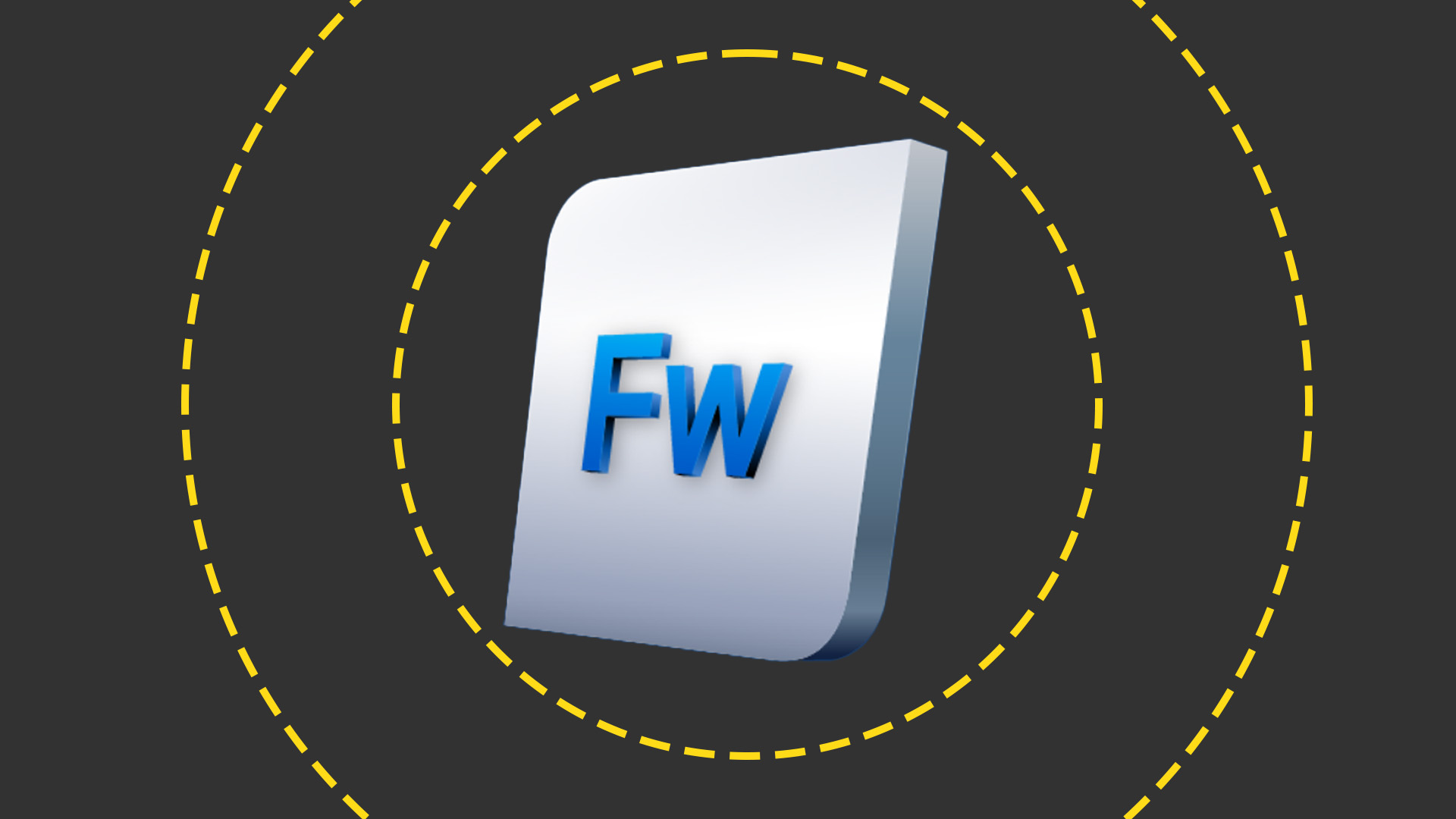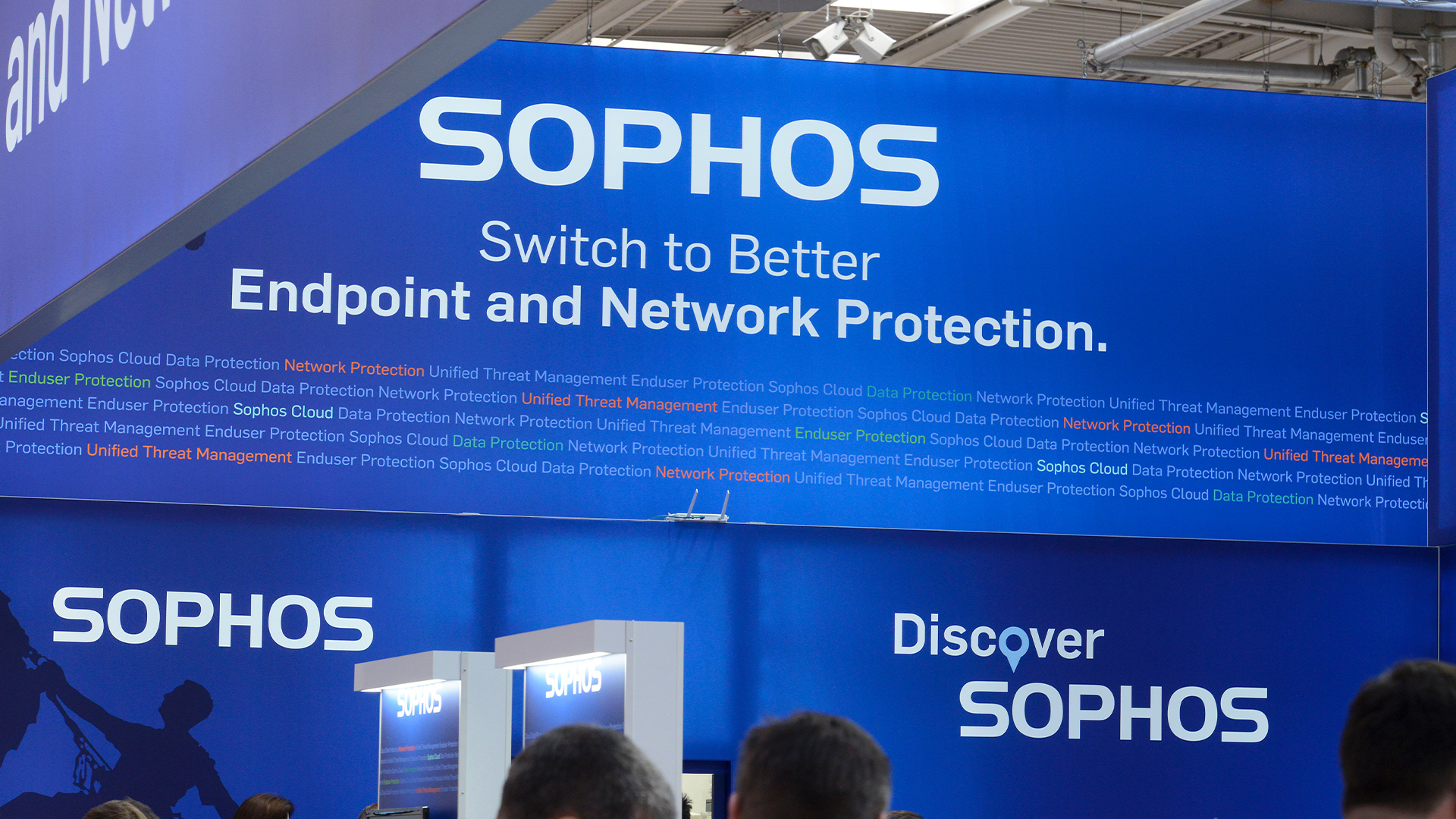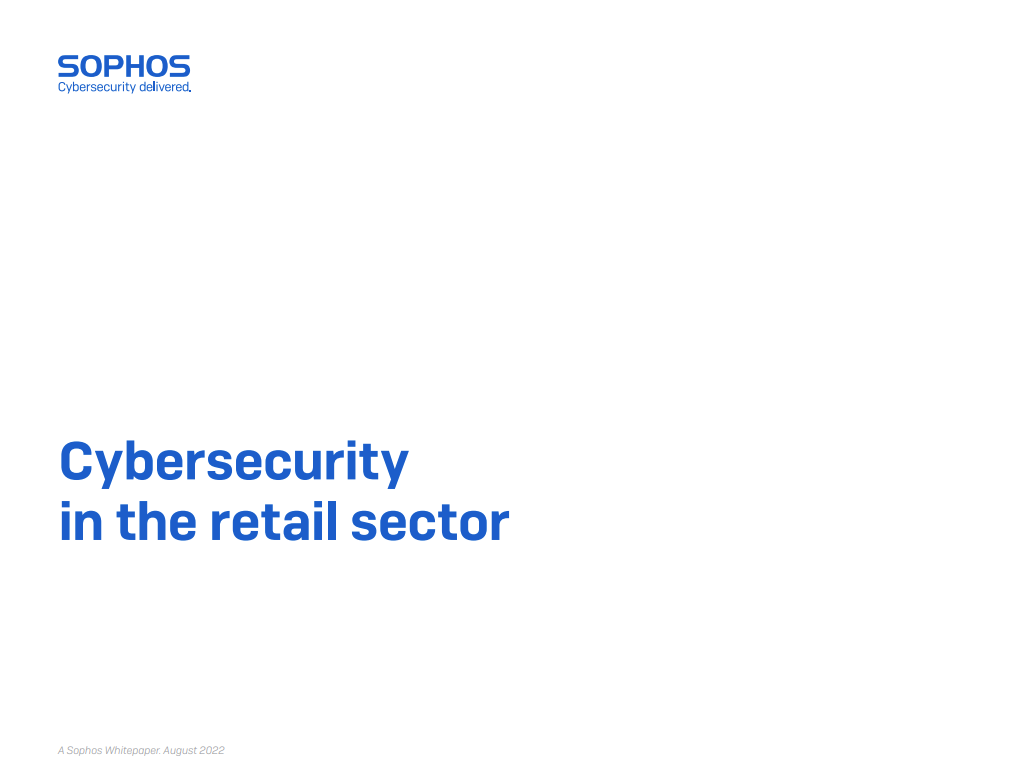Apple accused of clandestine security update
Sophos has suggested that Apple was a little surreptitious about introducing a security update for Mac OS X this week.


Apple "secretly" updated anti-malware protection in Mac OS X when it launched a new version this week, IT security firm Sophos has claimed.
The Cupertino company allegedly added "limited protection" against a backdoor Trojan known to Apple as HellRTS, Sophos suggested, but the iPhone and MacBook manufacturer did not mention the update either in a security advisory or in the release notes accompanying Mac OS X 10.6.4.
This piece of malware can allow malicious attackers to gain control over Mac systems, the security company said.
Sophos claimed that Apple updated a file named XProtect.plist, which contained "elementary signatures" of a number of Mac threats, to detect HellRTS.
"It's almost as if they [Apple] don't want to acknowledge that there could be a malware threat on Mac OS X," said Graham Cluley, senior technology consultant at Sophos, in a statement.
Cluley did point out, however, that it was positive Apple had updated Mac OS X security, as the Trojan can allow hackers to send spam email from a victim's computer, take screenshots of what they are doing and access files.
"Unfortunately, many Mac users seem oblivious to security threats which can run on their computers, even though Apple has now built-in some elementary protection," Cluley added.
Get the ITPro daily newsletter
Sign up today and you will receive a free copy of our Future Focus 2025 report - the leading guidance on AI, cybersecurity and other IT challenges as per 700+ senior executives
"This lack of awareness isn't helped when Apple issues an anti-malware security update by stealth, rather than informing the public what it has done."
Apple told IT PRO that it had nothing further to say on the matter, other than what was on its security update page. At the time of publication, the company had not given a response as to whether the updated protection is "limited", as Sophos has claimed.
As for how the security is lacking, Cluley told IT PRO that he believes that the anti-virus on Mac OS X will only intercept malware if a user has downloaded it to their computer and then tried to run the file from their desktop.
If the malware comes via a USB stick, for example, the protection misses the threat, Cluley claimed.
Tom Brewster is currently an associate editor at Forbes and an award-winning journalist who covers cyber security, surveillance, and privacy. Starting his career at ITPro as a staff writer and working up to a senior staff writer role, Tom has been covering the tech industry for more than ten years and is considered one of the leading journalists in his specialism.
He is a proud alum of the University of Sheffield where he secured an undergraduate degree in English Literature before undertaking a certification from General Assembly in web development.
-
 Should AI PCs be part of your next hardware refresh?
Should AI PCs be part of your next hardware refresh?AI PCs are fast becoming a business staple and a surefire way to future-proof your business
By Bobby Hellard Published
-
 Westcon-Comstor and Vectra AI launch brace of new channel initiatives
Westcon-Comstor and Vectra AI launch brace of new channel initiativesNews Westcon-Comstor and Vectra AI have announced the launch of two new channel growth initiatives focused on the managed security service provider (MSSP) space and AWS Marketplace.
By Daniel Todd Published
-
 96% of SMBs are missing critical cybersecurity skills – here's why
96% of SMBs are missing critical cybersecurity skills – here's whyNews The skills shortage hits SMBs worse as they often suffer from a lack of budget and resources
By George Fitzmaurice Published
-
 Sophos Firewall Virtual review: Affordable network protection for those that like it virtualized
Sophos Firewall Virtual review: Affordable network protection for those that like it virtualizedReviews Extreme network security that's cheaper than a hardware appliance and just as easy to deploy
By Dave Mitchell Published
-
 MSPs are struggling with cyber security skills shortages
MSPs are struggling with cyber security skills shortagesNews A shortage of tools and difficulties keeping pace with solutions were also ranked as key issues for MSPs
By George Fitzmaurice Published
-
 Nearly 70 software vendors sign up to CISA’s cyber resilience program
Nearly 70 software vendors sign up to CISA’s cyber resilience programNews Major software manufacturers pledge to a voluntary framework aimed at boosting cyber resilience of customers across the US
By Solomon Klappholz Published
-
 Sophos and Tenable team up to launch new managed risk service
Sophos and Tenable team up to launch new managed risk serviceNews The new fully managed service aims to help organizations manage and protect external attack surfaces
By Daniel Todd Published
-
 Ransomware groups are using media coverage to coerce victims into paying
Ransomware groups are using media coverage to coerce victims into payingNews Threat actors are starting to see the benefits of a more sophisticated media strategy for extracting ransoms
By Solomon Klappholz Published
-
 Shrinking cyber attack “dwell times” highlight growing war of attrition with threat actors
Shrinking cyber attack “dwell times” highlight growing war of attrition with threat actorsNews While teams are becoming more proficient at detecting threats, attackers are augmenting their strategies
By Ross Kelly Published
-
 Cyber security in the retail sector
Cyber security in the retail sectorWhitepapers Retailers need to ensure their business operations and internal data aren't breached
By ITPro Published